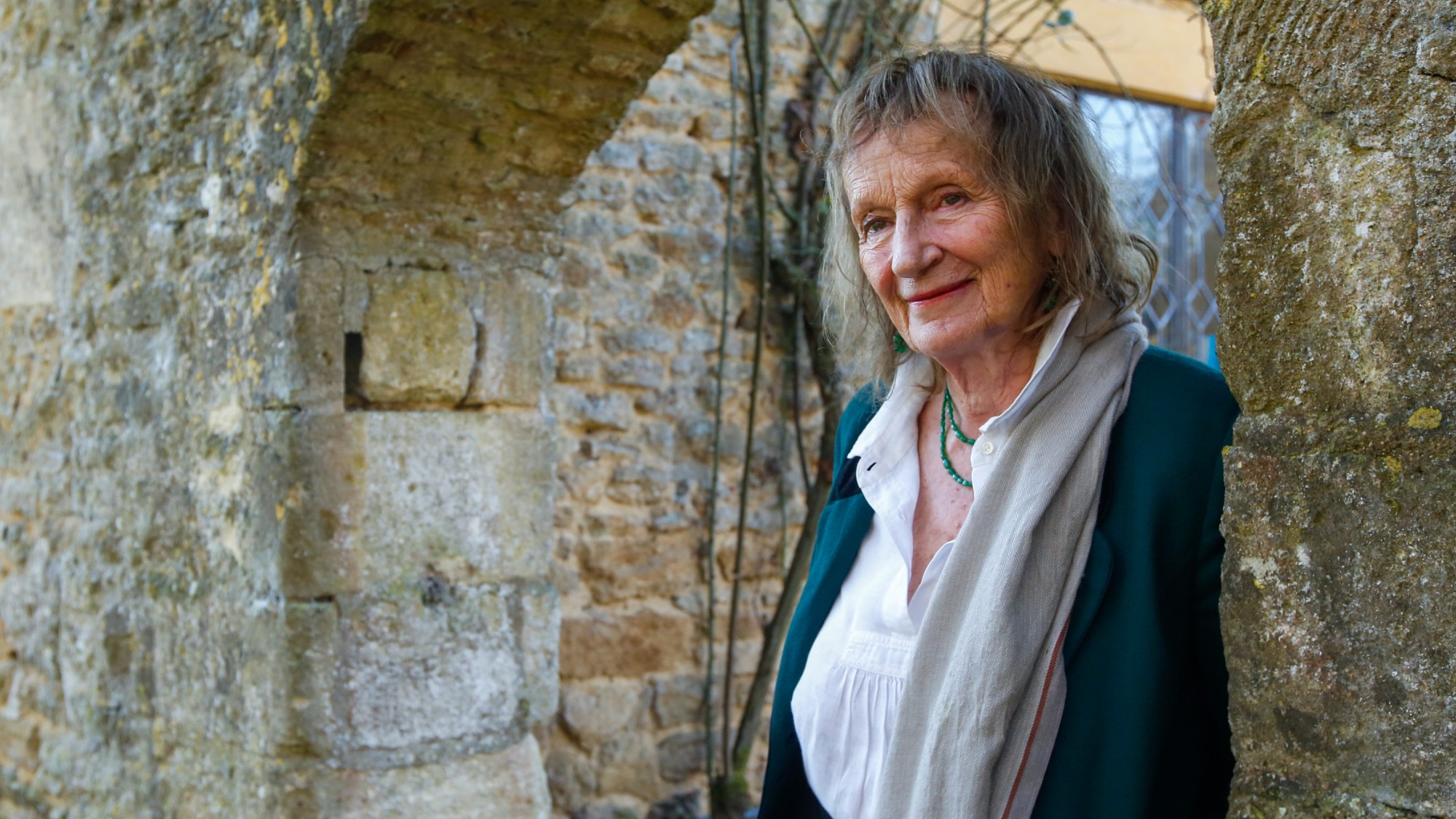Philip José Farmer
The science fiction author who created worlds of wonder
A free daily email with the biggest news stories of the day – and the best features from TheWeek.com
You are now subscribed
Your newsletter sign-up was successful
The science fiction author who created worlds of wonder
Philip José Farmer
1918–2009
The Week
Escape your echo chamber. Get the facts behind the news, plus analysis from multiple perspectives.

Sign up for The Week's Free Newsletters
From our morning news briefing to a weekly Good News Newsletter, get the best of The Week delivered directly to your inbox.
From our morning news briefing to a weekly Good News Newsletter, get the best of The Week delivered directly to your inbox.
Even among science fiction writers, Philip José Farmer’s works stood out for their vivid imagination and mind-bending themes. He was best known for his Riverworld series, about a far-flung planet on which every human who ever lived could be reborn into physical perfection along the banks of a river millions of miles long. Farmer wrote more than 75 books, which were translated into 22 languages; one anthologist called him “the man with the electric brain.”
Farmer’s origins gave little hint of his fantastic visions, said the London Guardian. Born in North Terre Haute, Ind., he grew up in the quintessentially American city of Peoria, Ill. In the local library, he devoured adventure stories and decided to be a writer. But for years Farmer bounced between working in a steel mill, repairing power lines, and laboring as a technical writer for the aerospace industry. “His first novel, Owe for the Flesh, won a $4,000 prize sponsored by Shasta, a specialist sci-fi publisher. But the publisher embezzled Farmer’s paperback advance and the novel never appeared.” Farmer’s groundbreaking novelette The Lovers, about sex between a human and an alien, was rejected by some of the nation’s leading science fiction magazines as too disturbing. But when it appeared in 1952, it won Farmer the Hugo Award for Most Promising New Writer.
“With the loosening of social taboos in the 1960s, Farmer emerged as a major force in the genre,” said The New York Times. “In a 1966 story set on Riverworld, one of the resurrected is a resentful Jesus, angry that he had been deceived about the nature of the afterlife.” In 1975, Farmer created a stir with Venus on the Half-Shell, ostensibly written by Kilgore Trout, “an unappreciated science fiction writer in several of Kurt Vonnegut’s novels”—a gesture that angered Vonnegut. Farmer specialized in multi-volume series such as the Dayworld books, in which Earth solves its overpopulation crisis by forcing people to spend six days of every week in suspended animation. During the 1970s, Farmer had 11 separate series going, prompting even some admirers to say he wrote too much. “Imagination is like a muscle,” he said. “I found out that the more I wrote, the bigger it got.”
Farmer won several science fiction awards, including, in 2000, the Damon Knight Memorial Grand Master Award for lifetime achievement, whose previous recipients in-cluded Isaac Asimov and Arthur C. Clarke.
A free daily email with the biggest news stories of the day – and the best features from TheWeek.com
-
 ‘Restaurateurs have become millionaires’
‘Restaurateurs have become millionaires’Instant Opinion Opinion, comment and editorials of the day
-
 Earth is rapidly approaching a ‘hothouse’ trajectory of warming
Earth is rapidly approaching a ‘hothouse’ trajectory of warmingThe explainer It may become impossible to fix
-
 Health insurance: Premiums soar as ACA subsidies end
Health insurance: Premiums soar as ACA subsidies endFeature 1.4 million people have dropped coverage
-
 Amanda Feilding: the serious legacy of the 'Crackpot Countess'
Amanda Feilding: the serious legacy of the 'Crackpot Countess'In the Spotlight Nicknamed 'Lady Mindbender', eccentric aristocrat was a pioneer in the field of psychedelic research
-
William Pogue, 1930–2014
feature The astronaut who staged a strike in space
-
Oscar Niemeyer, 1907–2012
feature The architect who designed Brazil’s space-age capital
-
Sally Ride, 1951–2012
feature The first American woman to go into space
-
Ray Bradbury, 1920–2012
feature The writer who spun science fiction into literature
-
Ernesto Sábato, 1911–2011
feature The writer who became Argentina’s conscience
-
Fred Morrison
feature The Space Age inventor who created the Frisbee
-
Qian Xuesen
feature The scientist who put China in space